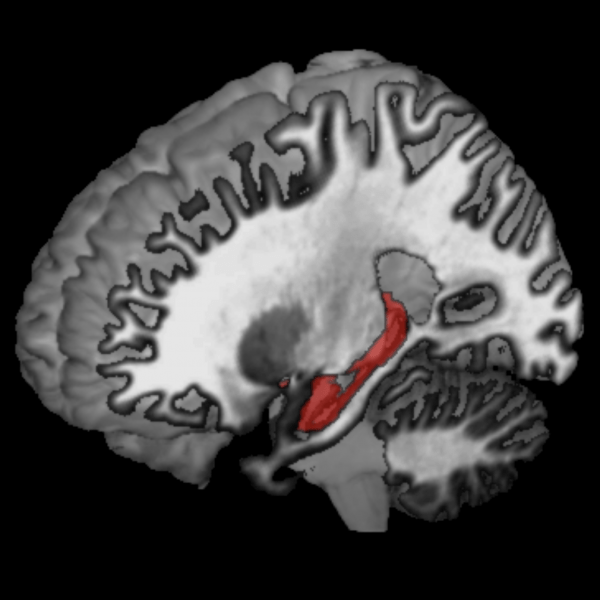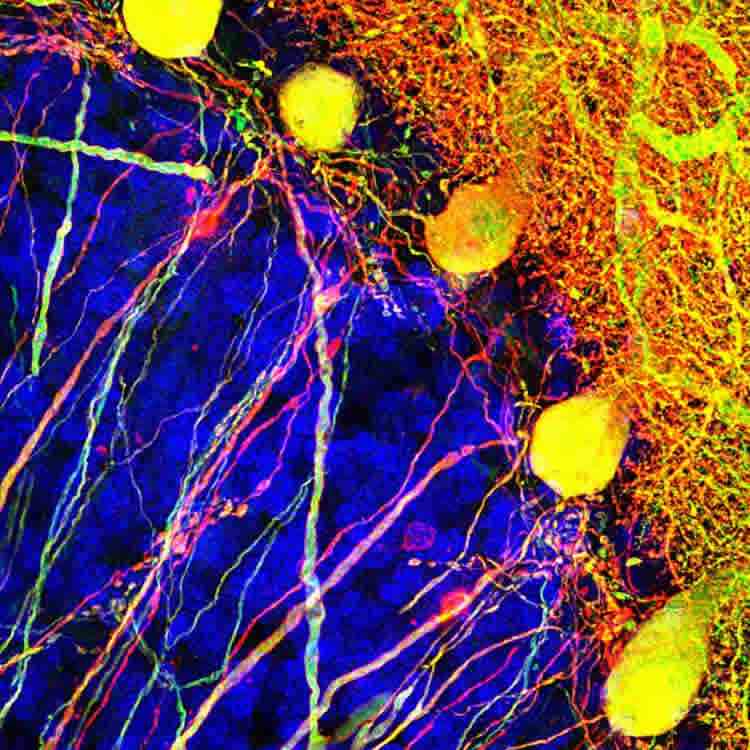Why do some people prefer stable, predictable lives while others prefer frequent changes? Why do some people make rational decisions and others, impulsive and reckless ones? UCLA behavioral neuroscientists have identified changes in two brain regions that may hold answers to these questions. The research — reported by Alicia Izquierdo, UCLA associate professor of psychology and a member of UCLA’s Brain Research Institute, and her psychology graduate student, Alexandra Stolyarova — is published today in the open-access online science journal eLife. The new experiments, which involved studying the orbitofrontal cortex and…
Read MoreCategory: Health
What Are the Outcomes in Later Life For High School Football Players?
In a study of men who graduated from Wisconsin high schools in 1957, playing high school football was not adversely associated with cognitive impairment or depression later in life, according to an article published by JAMA Neurology. High school football is a popular sport but its safety has been questioned, in part by reports of chronic traumatic encephalopathy, increased risks of neurodegenerative disease, and associations between a history of concussions and cognitive impairment and depression later in life among retired professional football players. Limited work has been done to examine playing…
Read MoreExperts May Disagree On Skin Cancer Diagnoses
Experts tasked with identifying skin cancer in laboratories often disagree over diagnoses, according to a new study. Nearly one in five suspected cases of skin cancer are likely diagnosed as more advanced than they really are, researchers found. Similarly, nearly one in five are likely diagnosed as less severe when they’re actually more severe. “The diagnosis is made by a human,” said lead author Dr. Joann Elmore, of the University of Washington School of Medicine in Seattle. “There is no molecular marker or machine that will tell us what the…
Read MoreHippocampus Underlies the Link Between Slowed Walking and Mental Decline
Summary: A new study reports a connection between slowed walking speed and cognitive decline appears to arise in the right hippocampus. Researchers recommend older people may benefit if their doctors measure their walking speed and check for changes over time, which could be an early indicator of impending cognitive decline. Source: University of Pittsburgh. The connection between slowed walking speed and declining mental acuity appears to arise in the right hippocampus, a finger-shaped region buried deep in the brain at ear-level, according to a 14-year study conducted by scientists at…
Read MoreShining Light on Brain Cells That Coordinate Movement
Summary: Researchers have developed a novel technique that allows them to insert a gene into Perkinje cells in the adult brain. This approach, researchers say, could be used to change behavior and alter the function of brain circuits. Source: University of Washington Health Sciences. Research shows it is possible to use an optogenetic technique to target select cells in the adult brain in an animal model. UW Medicine researchers have developed a technique for inserting a gene into specific cell types in the adult brain in an animal model. Recent…
Read More




